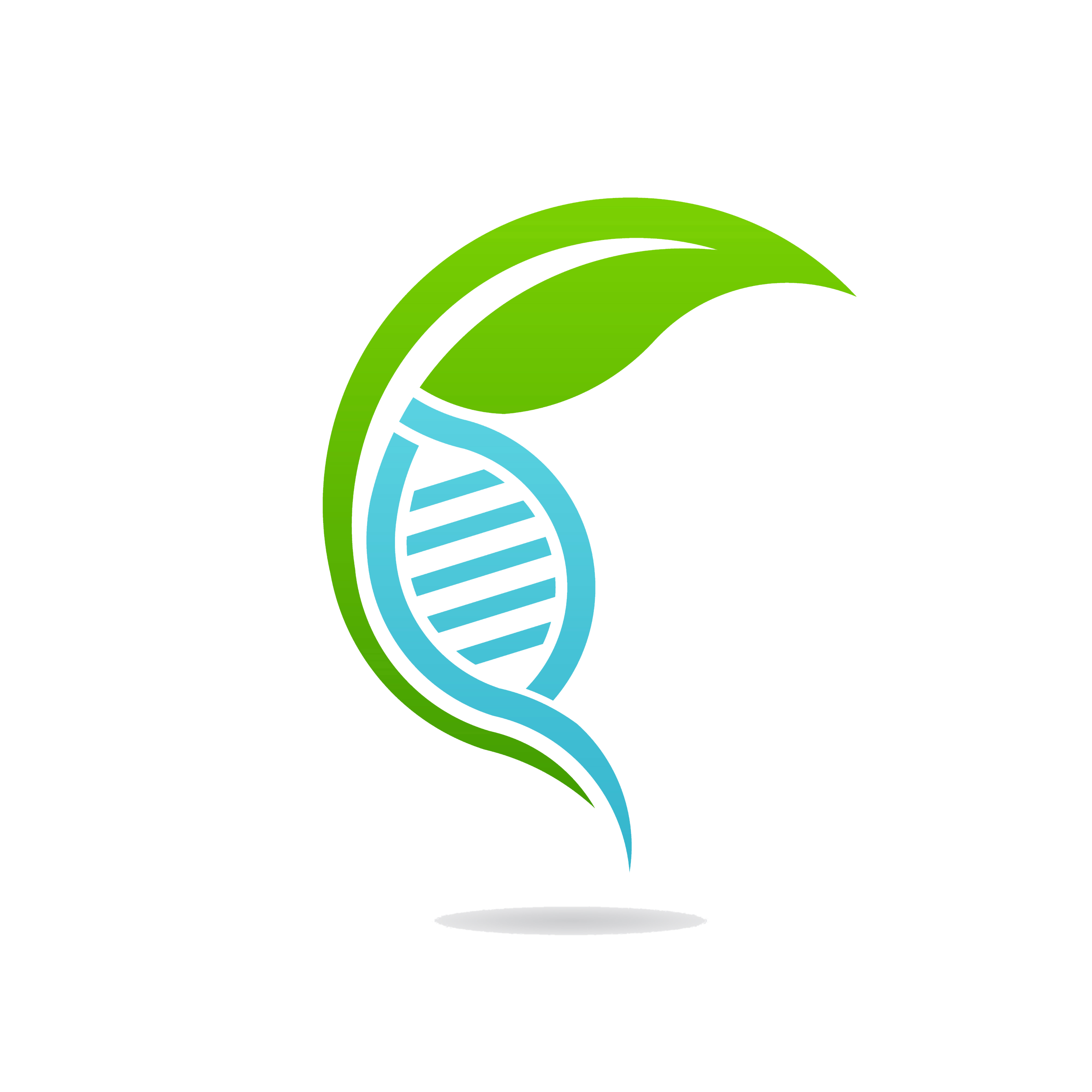Strengthen your immunity in the comfort of your own home
- Restore Equilibrium Naturally

- Apr 7, 2021
- 3 min read
Updated: Feb 13, 2023

The rate of colds and flu infections has decreased by more than 90% over the last year, as a result of the coronavirus pandemic and the social distancing measures put in place by global health officials. Yet, some of us may still experience flu-like symptoms or a fever.
What temperature is considered a fever?
Anything above 100.4°F is considered a fever. You may feel terrible, but on the whole, a fever isn’t bad for you. It’s a sign your body is doing what it should when germs invade -- fighting them off. Seek medical advice if your temperature is 103°F or higher or if you’ve had a fever for more than 3 days.
Common symptoms associated with a fever:
Shivers, cold hands or feet, feeling warm or sweaty
Muscle aches
Headache
Upset stomach or nausea
Did you know?
A fever is our body's "defense mechanism" and is generally triggered by a viral or bacterial infection. Once a pathogen has been identified, our body raises its "thermostat" at a higher temperature to destroy the intruder. The high temperature set point may vary depending on the type of infection and the vitality of our immune functions.

Here's some simple steps you can take that may help you recover faster.
Do more:
Drink filtered water - will help cool your body and keep you hydrated.
Rest, sleep and limit physical activity - avoid any physical exhaustion to conserve energy and allow your immune system to do its work.
Eat lighter foods - because of its complexity, our digestive system requires a lot of energy to break down and assimilate the foods we eat. Reach for foods that are easily digestible such as the BRACT diet (bananas or broths, rice, apple sauce, plain crackers, toast or herbal teas).
Best to avoid:
Sugary foods or beverages - sugar weakens the immune system and feeds bacteria.
Alcoholic beverages - drinking impairs the functions of our entire body and disrupts our immune system's ability to fight infections. A single episode of drinking can suppress the immune system for up to 24 hours.
Caffeine - can decrease your immune system's ability to fight off infections as well as remove abnormal or damaged cells. Studies also indicate that caffeine suppresses antibody production.

Suggested herbal supplements:
Ginger - helps soothe upset stomach and reduce nausea
Licorice root - Licorice assists the adrenals by preventing the breakdown of cortisol, one of the major hormones produced by the adrenal glands to combat stress. Its cortisol sparing effects help in maintaining energy levels which results in a better response to stressful situations.
Echinacea - is a group of flowering plants linked to many health benefits, such as improved immunity. Mostly effective if taken when first symptoms appear.
Also check-out our immune-friendly recipes:
Miso Soup - miso contains probiotics that can help support a healthy gut-flora while ginger is great for soothing upset stomach and nausea.
Baked Onion and Garlic Soup - these Power Foods are rich in antioxidants and can offer great immune support.
Unsweetened Apple Sauce - the natural sugar from the apples may help reduce sweet-cravings and the cinnamon can assist in balancing blood glucose levels.
Savory Chicken Stock - packed with vitamins and minerals, this stock will bring comfort to your mind, body and soul.
This information is not intended to provide any medical advice.
Rerefences:
Felson, S., MD. (2019, May 15). What is a normal body temperature? Retrieved April 07, 2021, from https://www.webmd.com/first-aid/qa/what-is-a-normal-body-temperature
Strum, J., & Williams, B. C., RN. (2021, March 18). How Drinking Impacts Your Immune System. Retrieved April 07, 2021, from https://www.therecoveryvillage.com/alcohol-abuse/related-topics/alcohol-impacts-immune-system/
Horrigan LA, Kelly JP, Connor TJ. Immunomodulatory effects of caffeine: friend or foe? Pharmacol Ther. 2006 Sep;111(3):877-92. doi: 10.1016/j.pharmthera.2006.02.002. Epub 2006 Mar 15. PMID: 16540173.
Drobot, C., Dr. (2019, September 26). The 3 BEST supplements FOR adrenal fatigue - Integrative health blog. Retrieved April 07, 2021, from https://www.integrativehealthcentre.com/the-3-best-supplements-for-adrenal-fatigue/
Raman, R., MS, RD. (2018, October 25). Echinacea: Benefits, uses, side effects and dosage. Retrieved April 07, 2021, from https://www.healthline.com/nutrition/ echinacea#antioxidants



Comments